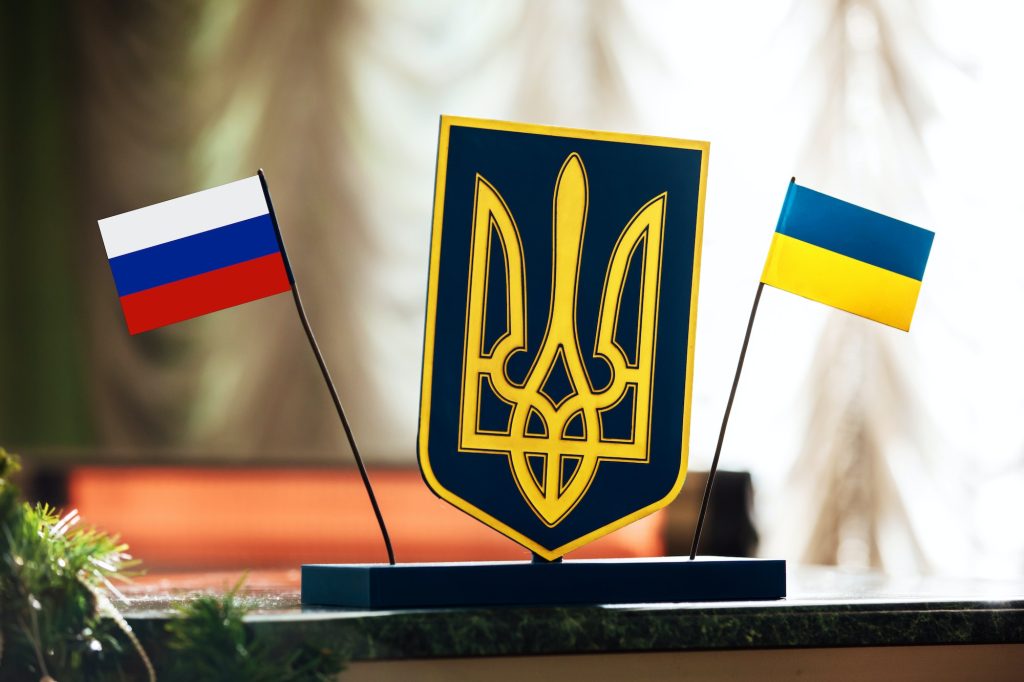
Ethics and diplomatic conduct are two concepts that are closely intertwined. Diplomacy is the art of managing international relations, and ethics are the moral principles that govern human behavior. Diplomatic conduct refers to the behavior of diplomats in carrying out their duties, which includes negotiating treaties, representing their country abroad, and promoting international cooperation. Ethics and diplomatic conduct are essential because they help to ensure that diplomacy is conducted in a way that is fair and respectful of human rights.
One of the fundamental ethical principles that should guide diplomatic conduct is respect for human rights. Diplomats are responsible for promoting human rights in their interactions with other countries. This means advocating for protecting civil liberties, such as freedom of speech and assembly, and working to prevent abuses such as torture or extrajudicial killings. Diplomats must also be aware of cultural differences regarding human rights issues; what may be considered a fundamental right in one country may not be seen as such in another.
Another important ethical principle for diplomats is honesty. Diplomats must be truthful in their dealings with other countries, even if it means admitting mistakes or acknowledging brutal truths about their country’s policies or actions. Honesty builds trust between nations and helps to create an environment where conflicts can be resolved peacefully.
Diplomatic conduct should also reflect a commitment to fairness and justice. This means treating all nations equally regardless of their size or power, avoiding favoritism or bias towards certain countries or groups, and working towards solutions that benefit all parties involved.
In addition to these ethical principles, there are practical considerations regarding diplomatic conduct. For example, diplomats must be skilled at communication and negotiation to effectively represent their country’s interests while finding common ground with other nations.
Diplomatic immunity is another aspect of prudent conduct that raises ethical questions. While diplomats enjoy legal protection from prosecution by host countries for crimes committed during their duties, this immunity can also be abused. Diplomats who engage in criminal behavior or violate human rights should not be shielded from accountability.
Ethics and diplomatic conduct are essential for promoting peace, stability, and cooperation between nations. Diplomats must be guided by principles of respect for human rights, honesty, fairness, and justice in their interactions with other countries. By upholding these values, diplomats can help to build trust and understanding between nations and work towards a more peaceful world.
